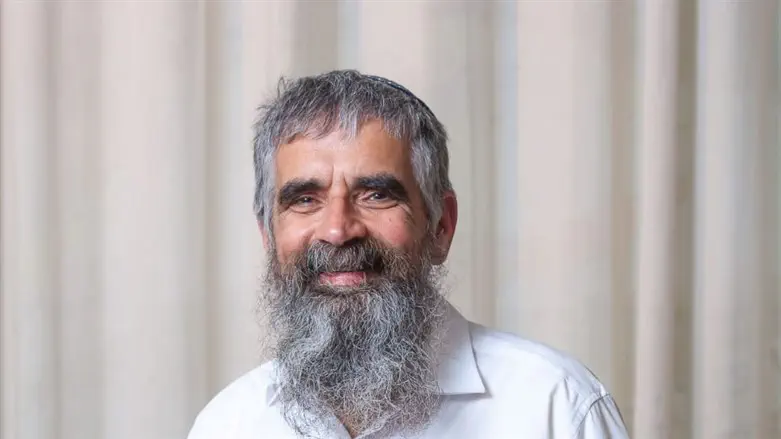
Rabbi Yuval Cherlowis Director of Tzohar’s Center for Jewish Ethics
Of all the events that took place following the Exodus and through the forty year passage through the desert, the giving of the Torah stands as a moment rich in spiritual and nation-building importance. The Torah itself makes this very clear as the moment when the voice of God was heard by the nation and the very essence of God was revealed. This was also the moment where the Ten Commandments, the true source of so much of who we are as a people, was handed over and with it the covenant between us and our God was born.
In many ways, every moment since then can be traced back to the giving of the Torah. There is truly no overestimating its relevance in defining who we are as a nation, a people and a religion.
It is therefore most interesting to note that the Torah itself never specifically commands us to mark this day as a holiday. While other events, like the Exodus or the fact that we lived in sukkot in the desert are commanded to be marked by holidays, the giving of the Torah has no such biblically ordained day. Within the text, the holiday of Shavuot is not directly linked with the giving of the Torah. In fact, most scholars say that the giving of the Torah took place on the seventh of the month of Sivan and not on the day when we celebrate Shavuot.
So how do we address this fact? On the one hand there is no simple answer because the Torah also doesn’t say what we DO NOT celebrate on this day. But it appears that we are being taught that the giving of the Torah is in fact an occurrence in our national history which rises beyond any traditional holiday celebration. The moment of the delivery of the Ten Commandments took us from being a Jewish people to a Jewish nation- a nation that has a bond with God, and a nation that accepted the tremendous yoke of responsibility that came with that bond. From that moment of acceptance, our values, way of life and legal tradition set us apart from any other nation.
Such a moment of monumental consequence cannot be compared to any other in our history, because it was the occurrence which shaped our identity for millennia to come. Similar events like when God commanded Avraham to go into Eretz Yisrael, which can be compared in importance in shaping our very identity, are also not marked with a specific day on the calendar and for that same reason their consequence cannot be confined.
This idea is referenced in the words of the Shema recited each and every day: "... And these words, which I command thee this day, shall be upon thy heart; and thou shalt teach them diligently unto thy children, and shalt talk of them when thou sittest in thy house, and when thou walkest by the way, and when thou liest down, and when thou risest up." This is to say that Torah encompasses everything we do.
This is the tremendous significance of the bond which was created between the people of Israel and God. This bond has followed us in days of joy, but certainly also in the many moments of pain and loss which we have suffered through throughout the generations, including of course the war we are fighting today.
The lesson this year in particular is that Shavuot is not “simply” a celebration of the giving of the Torah. It is far too important and impactful to be described as a celebration that can be compared to any other holiday. In fact, Shavuot is the annual recognition that Torah is not just a way of life – for us, as Jews, it is the very essence of life itself.